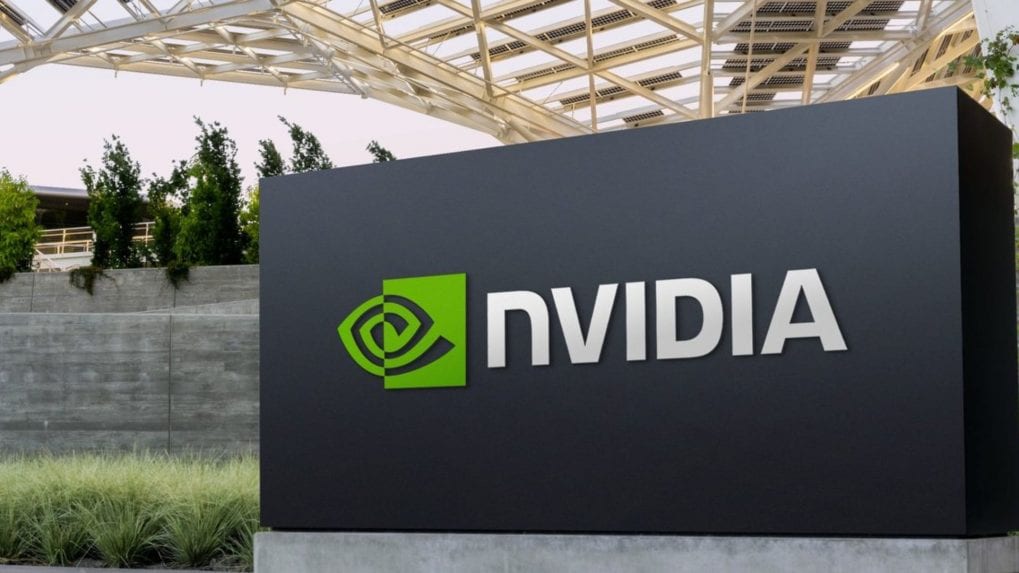How it Works
WPP, Havas, Omnicom: Are advertising’s biggest holdcos recasting agencies as AI Operating Systems?

Nvidia's explosive growth, fueled by the AI data center boom, is overwhelmingly concentrated among a small group of top clients. A recent Securities and Exchange Commission (SEC) filing reveals that a single customer, "Customer A," accounted for 23% of the company's record $46.7 billion in second-quarter revenue. A second unnamed customer, "Customer B," represented another 16%, bringing the total to nearly 40% from just two buyers.
While the filing doesn't name these clients, it does clarify that they are "direct" customers, such as original equipment manufacturers (OEMs), system integrators, or distributors. This suggests that the mystery buyers are not the major cloud providers—like Microsoft, Google, or Amazon who are considered "indirect" customers since they typically purchase chips from these distributors. However, it's highly likely that the massive spending is ultimately driven by these very tech giants building out their AI infrastructure.
A Double-Edged Sword for Nvidia's Future
The heavy reliance on a few key customers presents a significant risk for the chipmaker. As Gimme Credit analyst Dave Novosel noted to Fortune, such a high concentration of revenue could leave Nvidia vulnerable if even one of these customers reduces their spending. On the other hand, Novosel pointed out that the upside is that these customers are flush with cash and are expected to continue "spending lavishly on data centers over the next couple of years." The report also noted that four other customers each accounted for between 10% and 14% of Q2 revenue, further highlighting how reliant Nvidia's success is on a handful of buyers.
From purpose-driven work and narrative-rich brand films to AI-enabled ideas and creator-led collaborations, the awards reflect the full spectrum of modern creativity.
Read MoreThe Storyboard18 Awards for Creativity have unveiled a Grand Jury comprising some of India’s most influential leaders across advertising, business, policy and culture, positioning it among the country’s most prestigious creative award platforms.